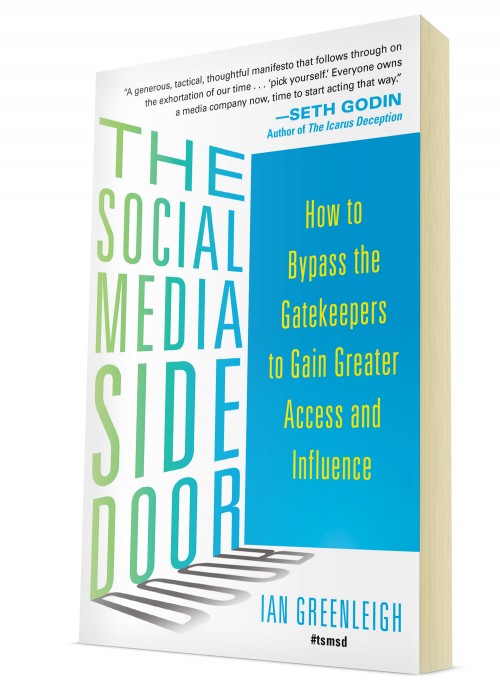 Have you stopped recently and looked around your office space?
Have you stopped recently and looked around your office space?
For those individuals running businesses, they might be a tad overwhelmed if they stop to see how quickly their offices can fill up.
From all the office equipment to the number of employees you have working for you; it does not take long for free space to become all but non-existent.
In the event that best describes your office, what options do you have in front of you?
While there are a few options you can consider, have you thought about simply turning to a storage facility, giving you as much room as you need for excess files, office supplies, office machinery and more?
If not, you may want to give that idea a try sooner rather than later.
Store More Stuff and Reduce the Frustration
While you could consider relocating to a bigger office space in the event your current one is proving too small, that may very well prove more expensive, especially in the short term.
If, however, renting space at a local storage facility sounds like a better choice, there are some factors not to overlook in choosing the best unit for your needs.
Among these:
- What will be stored? – If you are mostly in need of space for filing cabinets and boxes of documents, that should prove rather easy to store in a facility. There are likely a number of self storage units in your community, some of which may be very close to your current office address. Check around through your business contacts, along with using the Internet to see what would best meet your requirements. Unless you need to store excess office machinery or office furniture, finding a storage unit simply for paperwork/filing cabinets won’t be all that difficult;
- Where will it be located? – Where you store your excess business documents, supplies, along with whatever else may be necessary, means finding a storage unit close to the office. You don’t want to have to drive clear across town just to access a couple of boxes of documents etc. Unless there is an issue with neighborhood security and/or the storage facility itself, finding the one closest to your office would typically make the most sense. That said it doesn’t hurt to check out some other nearby ones so you have at least more than one choice to work with;
- What does it offer? – This is one of the more important parts of the decision you will have to make. You definitely want a storage facility that offers climate controlled units, along with secure locks and video cameras. Security should always be a top priority, especially when storing company paperwork, some of which is likely to include customer information on it. Entrance to the facility should also be secure, meaning only customers are allowed into the storage center. This is best done by requiring either entry with a key or a password on a computer pad;
- What are the costs? – Last but not least, about how much can you expect to pay for renting a storage unit on a monthly basis? For some business owners, the cost will override any other factors, so this can prove quite important when all is said and done. Yes, you may not like the idea of having a monthly storage unit bill, but if it means still saving money over renting a more expensive office space, isn’t it worth it? While a bigger office may be the answer at some point and time down the road, turning to a storage facility now could be your best bet. You don’t want employees coming into an office each and every day where they are literally tripping over one another because of space issues.
As your office space becomes scarcer, this is an issue that you will have to address sooner or later.
You could look at it from the point view of your company is hopefully growing if space is becoming restricted.
More paperwork, more employees etc. can be a sign that your business is growing, certainly something very few business owners would be disappointed in.
Finding the best way to accommodate that growth may mean turning to a storage facility to take care of your items at least for the time being or becoming a whiz at reorganizing your current office.
Either way, a growing business is always a good problem to have.
Photo credit: BigStockPhoto.com
About the Author: Dave Thomas covers business topics on the web.


